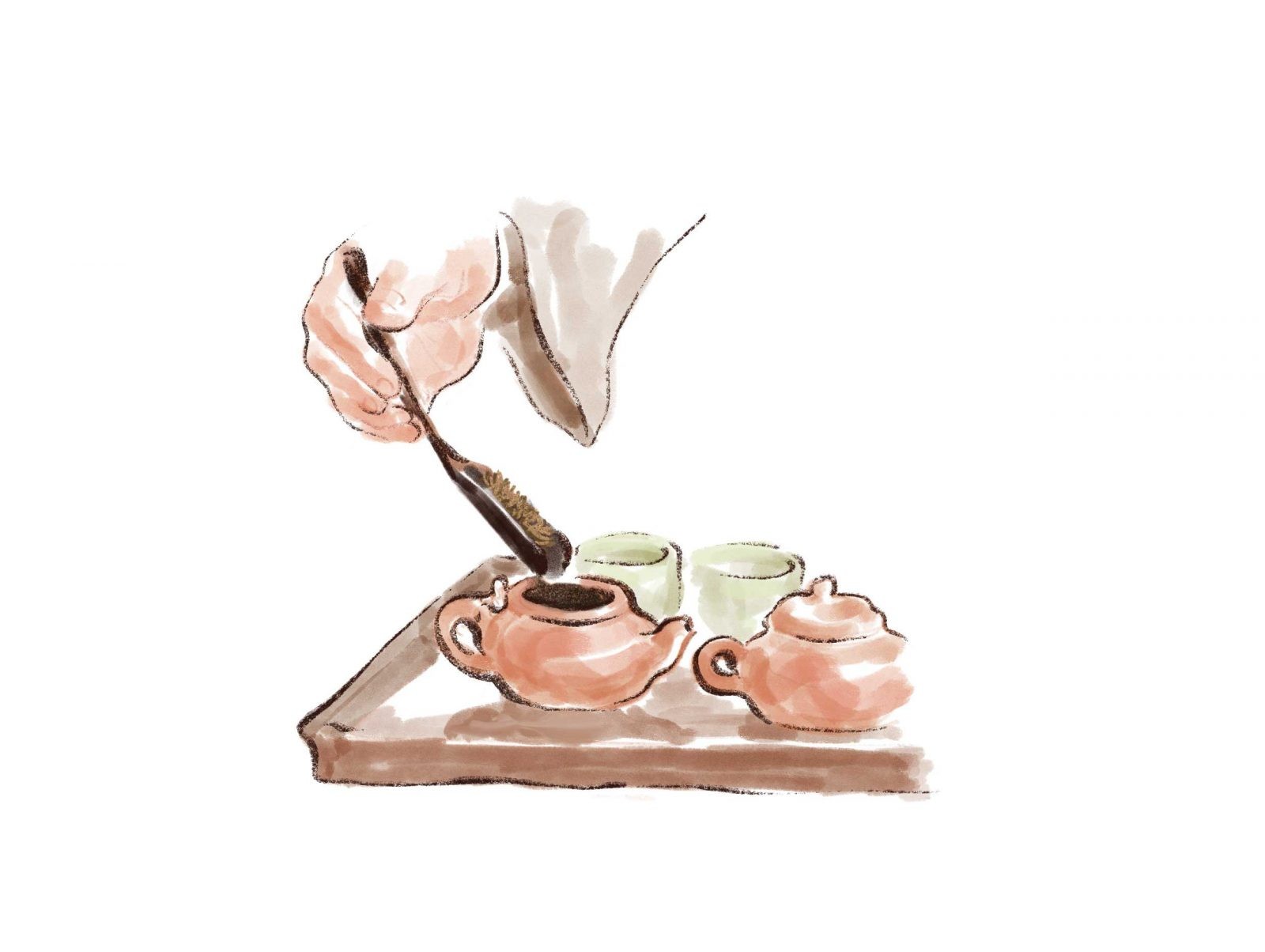
2010 Intake
Aki Ouchi was raised in a small countryside town outside of Osaka, Japan’s second largest city; a traditional Japanese upbringing, in a traditional Japanese house built by his grandfather.
As a child in rural Japan, his knowledge of China was limited. He knew China and Japan shared a complicated past—political tension had bubbled away for decades. And the television news stations in Japan had their own agenda.
But, even then, Aki suspected that, behind the headlines, there were real people with real stories to tell.
The road to Beijing
Aki went to university in Yokohama, 400 miles from his childhood home. After graduation, he made his first foray into investment banking, joining Citigroup Japan in 2005.
When the financial crisis hit, he decided to move on and join his friend’s fast-growing startup. Social Wire Group, which rents out incubators and offices for early-stage startups, was named on the Deloitte Technology Fast 50 list for Japan three times—in 2012, 2014, and 2015—and got listed on the Tokyo Stock Exchange.
“I did everything I could to help grow the business,” Aki recalls. “It was exciting, and working with an entrepreneur at a small company made me realize that I relished a challenge.
“I had already decided that I would do an MBA in the US after I left Citigroup,” he continues, “but, after my startup experience, I thought going to America for my MBA was not challenging enough.”
“I had never been to China at that time. China was becoming the most important economy in the world. I saw that a connection with China would be useful for my career, so I decided to go to China instead.”
Life at business school
Aki, fresh-faced and enthusiastic, arrived in Beijing for the CKGSB MBA in 2010 as the only Japanese student in the class. From the airport, he was ferried to a modern apartment block in downtown Beijing, where around 40 of the 60-strong MBA class lived.
It was there that he began to adapt to life in China; drinking tea, cooking, going out to restaurants, and enjoying lively discussions with his Chinese classmates.
“China is a big challenge for the Japanese,” Aki explains. “Japan is more mature—Japanese companies are more stable and conservative. But China is still a developing nation. Everything from its infrastructure to people’s attitudes are very different.
“China is energetic and ambitious—it’s like Japan after World War Two,” he continues. “Now, it’s time to learn from China and the Chinese.”
Aki decided to start interviewing his Chinese MBA colleagues. Together with a few friends, he created a nonprofit online news platform called Billion Beats to share the real stories of life in China with Japanese readers back home.
“A lot of Japanese people have never been to China, and the news about China on TV is still quite negative,” Aki explains. “But there are a lot of great things about Chinese society, and I wanted to introduce that reality to the Japanese people—I wanted the Japanese to see what the Chinese millennial generation is really like.”
After graduation
Still today, Aki is working to promote collaboration, friendship, and investment between the two big powers in the East. After completing his MBA, and after just one interview with his current boss, he landed a job at ORIX in Beijing—an international financial company listed on the New York and Tokyo stock exchanges.
He’s now based in Hong Kong, heading up the strategic investment team, helping Japanese companies find equity investment opportunities on the mainland.
“Business between Japan and China is improving a lot,” he says. “When I joined the company, I was more focused on cross-border business. Now, I work with Japanese companies who want to expand their business in China.
“There are Chinese companies entering the Japanese market, too. We’re helping Alipay—Alibaba’s mobile payment platform—expand its business in Japan.”
It hasn’t always been easy. In 2012, business between Japan and China stalled as tensions rose over disputed islands in the East China Sea. But the focus now is on business, not politics. Aki’s big target is China’s consumer sector.
“There are very good opportunities for Japanese companies selling high-quality products and services in China,” he says. “Food business, high quality apparel, healthcare, and healthcare tech products have huge potential.”
The future
Living in Hong Kong, Aki spends his spare time going to cooking classes. He’s perfecting the art of Japanese cooking, often hosting dinners for his friends and family.
Having worked in Tokyo, Beijing, and now Hong Kong, for over 12 years, and with an MBA on his résumé, Aki sees himself operating at the center of Sino-Japanese business for many years to come.
“If I didn’t choose China and CKGSB for my MBA, I wouldn’t understand China like I do now—that’s given me a lot of career opportunities,” he says.
“My hope is that I can work as a bridge between Japan and China—there’s very few Japanese who understand both.”
Written by Marco De Novellis from Business Because